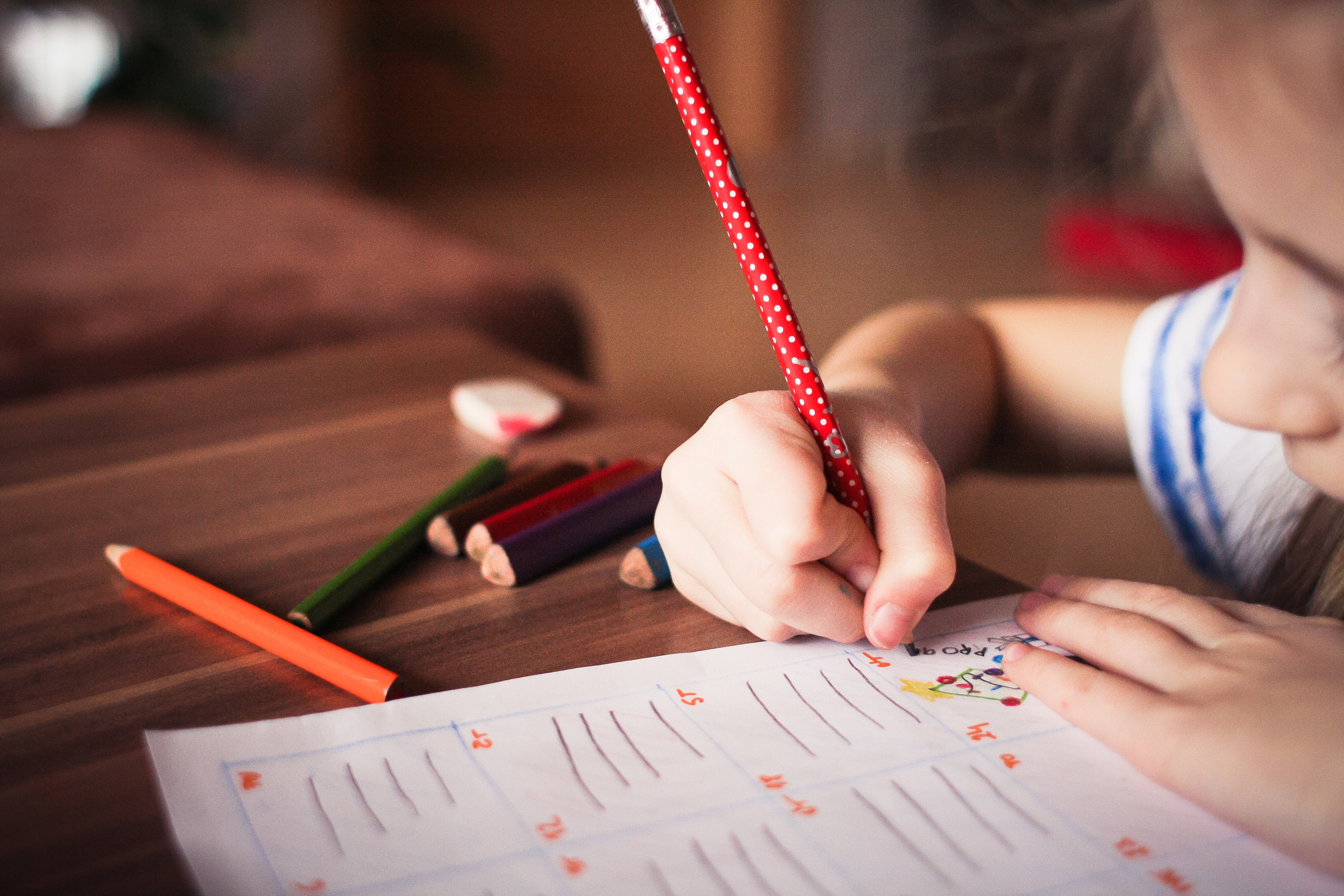What if I cannot go to work as I’ve been told I have to self-isolate or my child is sent home from school to isolate?
In Wales there is a Self-Isolation Support Scheme for people on low incomes or facing money worries when asked to self-isolate.
This Scheme was started for people asked to self-isolate by the NHS Wales Test Trace Protect service. It has now been extended to include parents and carers who have to take time off work to look after their children because of a coronavirus outbreak in their school or childcare setting.
What happens to my child’s education if they are self-isolating?
They should still be provided with school work and support from their school in term-time. If you are not sure what they are being asked to do, or if your child doesn’t understand the work, then contact your school to ask for help. You can also ask your school for help if your child doesn’t have what they need to do the work, such as a laptop or iPad. Your school may be able to loan equipment.
Does my child still get access to free school meals if they are self-isolating?
Yes, if they normally get free school meals then they will be offered the same level of support that you received in the summer and half-term holidays. That may be a payment, a voucher or a food parcel. To find out how to access this support in your area please visit this website
Covid-19 Parenting
There are plenty of resources here to help parents during lockdown and beyond, in 70 different languages.
Talking to your children about coronavirus
Save the Children have advice on talking to your children about the coronavirus.
It includes:
- getting informed and sharing the facts
- answering your child’s questions and addressing any wrong information
- validating their feelings and reassuring them
Explaining Coronavirus to young children
Adapted from a resource by Manuela Molina, this resource uses symbols and simple language to help you talk to young children about Coronavirus, and listen to their concerns.
Visiting hospitals and other health settings
It’s crucial that parents get medical help or advice for the same issues that would have prompted them to see their doctor or local hospital before the coronavirus epidemic. Not doing so could put their children at risk.
The Royal College of Paediatrics and Child Health have also have resources and advice to help parents keep their children safe.
Advice from a clinical psychologist
Elizabeth Gregory, a Consultant Clinical Psychologist with over twenty years experience working with Child and Family services in the NHS, has written about ways to help children and young people.
Tips to share with children to help them cope with the new normal
Getting through lockdown with teenagers
Advice for parents on non-coronavirus illnesses
It’s just as important as ever to get medical help for your child if you think they need it, for any illness.
The Royal College of Paediatrics and Child Health has made a one-page guide to help you know where to go for various symptoms.
Staying mentally well
It’s clear that trying to maintain good mental health throughout this period will be really important to all of us.
The mental health charity Mind has put some advice together.
See, Hear, Respond Wales
See, Hear, Respond Wales is here to help children, young people and families cope with the Covid-19 crisis.
They offer confidential online referral and have a free helpline.
4 Mental Health resource
This online resource can help you find ways to feel a bit calmer and can give you ideas to help you cope.
We’d recommend this as a resource for adults and older young people.
C.A.L.L – Mental Health Helpline for Wales
Get mental health support over the phone or by text, 24 hours a day, 365 days a year. This service can be used by children and young people as well as adults.
BAME Helpline Wales
BAME Helpline Wales is a national multi-lingual telephone helpline delivered by a partnership between EYST, Women Connect First, ProMo Cymru, Henna Foundation and other BAME organisations to provide information, referral and signposting for BAME people to specialist advice, mainstream and community organisations. Funded by Welsh Government via the Voluntary Sector Emergency Fund, the helpline is initially a 6 month pilot project, and aims to respond to the disproportionate impact of the Coronavirus Pandemic on BAME communities.
The helpline is for anyone over the age of 18 living in Wales, particularly if you identify as Black, Asian or Minority Ethnic, or if you would like to speak to someone in a language other than English or Welsh.

